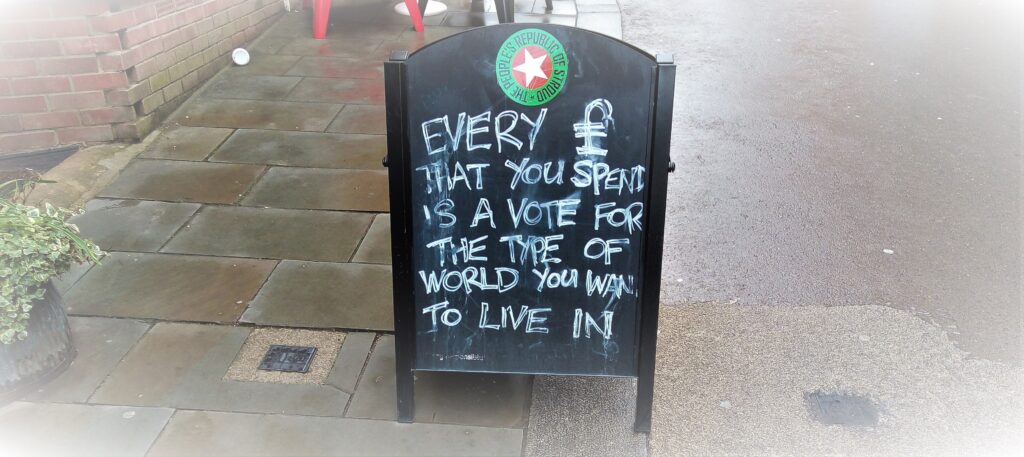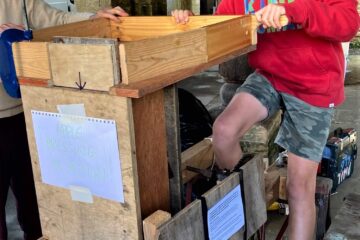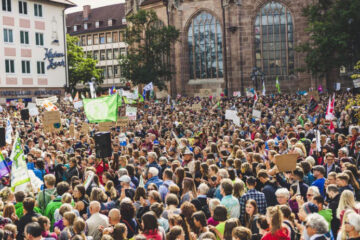
However sustainable farming might become, the overall consensus from research concludes that the world cannot safely produce the quantity of beef and cheese needed for a global population of over 7 billion and rising. It’s mathematically impossible. The only way to reduce the environmental impact of livestock agriculture is for us all to eat less beef and cheese.
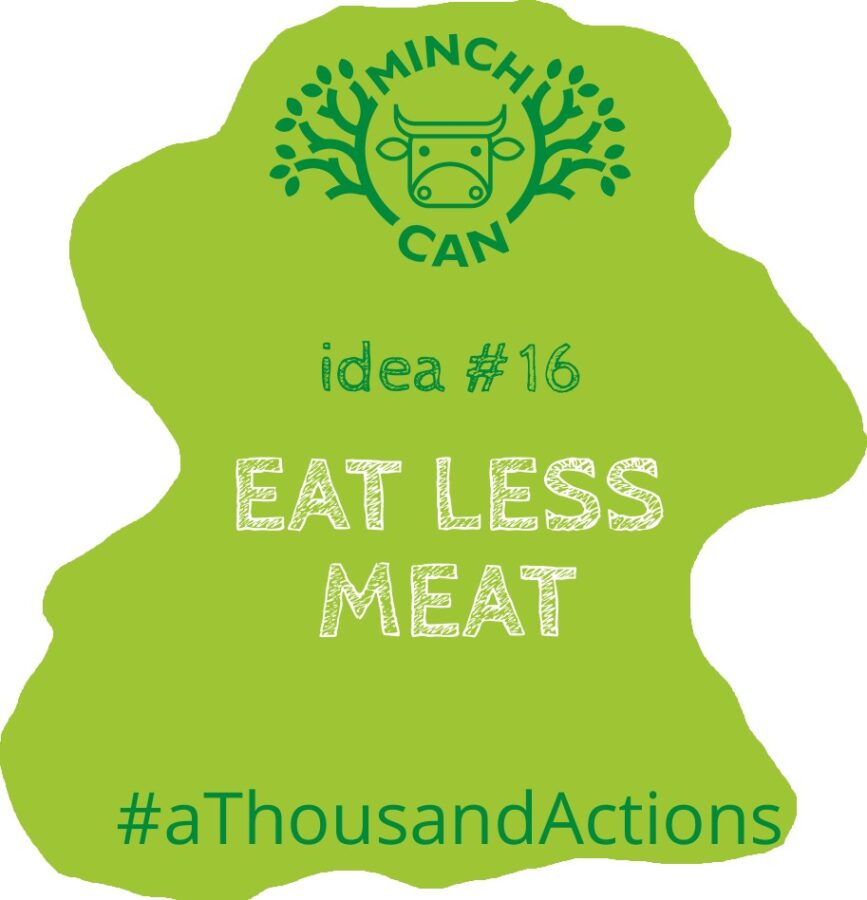
British beef prides itself on being amongst the most sustainably produced in the world. Our climate is perfect for lush grasslands, and much of our more rugged landscapes are unsuitable for growing crops.
Local herds spend over half the year grazing on the Commons rather than in a feedlot on a soy-based diet, as with US-style intensive farming. Does that make a difference?
Factory-farmers say intensively-farmed soy-fed, hormone-injected cattle supply more protein per kilo of CO2 than their pasture-reared cousins. This is because it takes less time to rear them and less space is required per animal. Apparently, a grain-based diet also produces less methane. Whether the land required for feed crops and resulting deforestation has been factored in is unclear.
Is that a fair life for a cow?
Livestock raised on grasslands unsuitable for growing crops converts grass, inedible for humans, into nutritious, protein-rich sustenance. It is, therefore, more efficient and makes the best use of the land. Not only that, but the manure cows produce improves the soil, encouraging better carbon sequestration as well as supporting a diverse range of wild plants and animals.
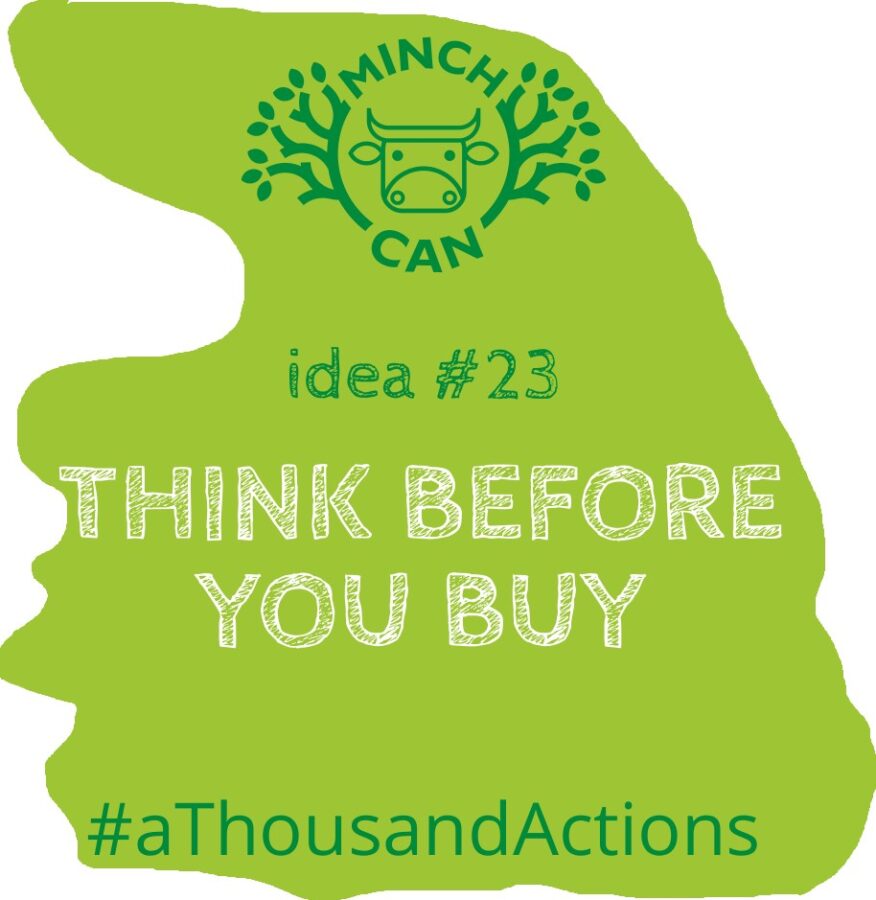
Will it help to buy local? Well, yes… and not really. Choosing locally-produced beef and cheese does cut food miles and some of the need for refrigeration, however transportation is such a tiny fraction of the total emissions per kilo of produce, it leaves us a very long way from solving the problem.
But shopping local is a great way to keep our communities vibrant and thriving. Everything that brings the things we use closer to home helps. We know exactly where our food comes from and it enriches our local economy. Together with that, for us, some of our local herds have an important environmental role to play, beyond being simply a cog in the food industry.

Buy locally-farmed beef, ideally from herds that graze the Commons, and expect to pay a fair price for it – supermarket prices have warped our expectations of the value of meat and of livestock production costs. We can’t expect agriculture to improve if we don’t support and invest in good practice.
Consider beef a special-occasion food and accompany it with loads of fresh, seasonal, organically-grown, local veggies. When you do eat it, savour every mouthful and don’t waste a single scrap. Share it with friends to half the energy spent on cooking and use energy-efficient cooking methods such as a slow cooker.
This isn’t the end for beef, but it has to be the start of being smart, ethical and sustainable in the beef we do eat.
